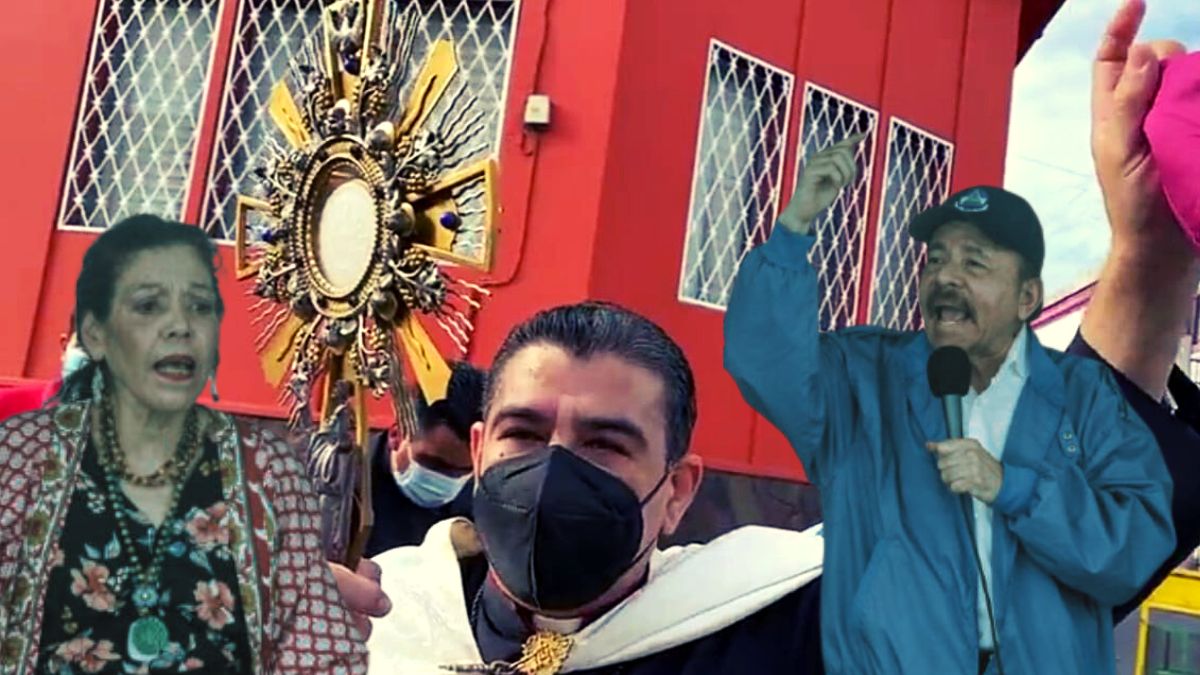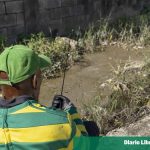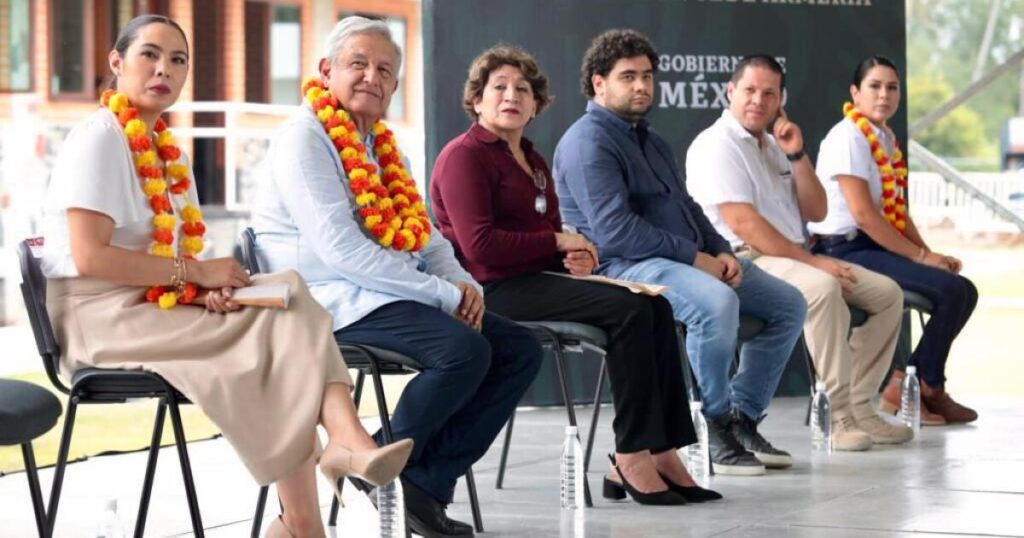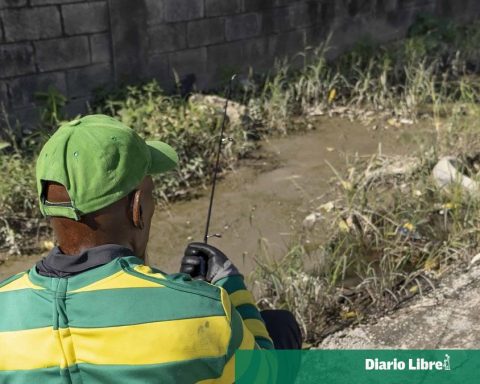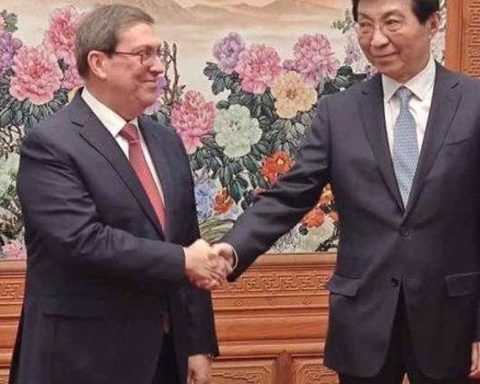The dictatorship of Daniel Ortega and Rosario Murillo ordered to open an “investigation” against Monsignor Rolando Alvarez, bishop of the diocese of Matagalpa, after the prelate went out to the streets to pray with the Blessed Sacrament in his hands, in the face of the police siege. The Police accuse Monsignor Álvarez of allegedly “organizing violent groups” and inciting them to carry out “acts of hate to destabilize the State of Nicaragua.”
Through a statement, he reported that the Catholic hierarch will maintain a de facto prison while this process is being carried out against him. The Police, at the service of the presidential couple, assured that the Catholic Church, through the diocese of Matagalpa, headed by Monsignor Álvarez, has caused an “atmosphere of anxiety and disorder” in that northern city, “altering the peace and the harmony”.
The bishop was forced to celebrate the Holy Eucharist from inside the Episcopal Curia, in the company of 12 members of the Catholic community, which was broadcast through social networks. During the mass, the religious leader reported that the people inside are “aware that they are in the hands of God.” Monsignor invited the Nicaraguan people to accompany him in another song dedicated to Nicaragua and to God that he performs at night, in the midst of the police siege.
Related news: Ortega orders an “investigation” against Bishop Rolando Álvarez and his team and imposes a de facto prison on them
The Latin American and Caribbean Episcopal Council (Celam) expressed his solidarity and closeness with the Catholic Church of Nicaragua in the face of the “harassment it suffers from government authorities.”
Celam expressed its “deep pain” for the siege of priests and bishops, the expulsion of members of religious communities, the desecration of temples and the closure of radio stations; as well as, for “the suffering that a large part of the people are experiencing.”
The bishops of the region invited believers from Latin America and the Caribbean to join in prayer for the Nicaraguan people, their leaders, authorities and the Church.
The Archdiocese of Managua expressed this Friday night its “closeness” with the Diocese of Matagalpa and its bishop, Monsignor Rolando Álvarez, who is prohibited by the Police from leaving the episcopal curia and began an alleged investigation after confronting them and inviting the population to pray.
“The Archdiocese of Managua expresses its closeness to the sister Diocese of Matagalpa, in particular with its pastor Monsignor Rolando José Álvarez and his priests in the face of the difficult circumstances they are experiencing,” reads the concise statement from the religious entity.
Employees of public universities must request permission from the National Council of Universities (CNU) if they wish to leave the country. The institution, controlled by the political party of Daniel Ortega and Rosario Murillo, sent a circular to the rectors in which it establishes the new provisions to control the migratory movement of teaching and administrative staff.
The regime is requiring workers to present, at least seven days in advance, detailed information on their departures and arrivals, including passport number, the country they will visit, the duration of the visit, even the port they will use.
Journalistic investigations affirm that the presidential couple has imposed “country by prison” on their officials for fear of being “betrayed.”
Related news: Brazil condemns police violence against religious leaders after closure of seven Catholic radio stations
The presidents of Central America will define this month the new secretary general of the Central American Integration System (SICA) after a year of paralysis due to the fact that there was no approval for the candidates proposed by Nicaragua, a country that, by rotation, has to present the candidates.
The foreign minister of Costa Rica, Arnoldo André Tinoco, told the Efe news agency that the agendas of the presidents of SICA are being squared to hold the meeting, virtually, in order to decide whether to appoint the new secretary general of the SICA. organization to the Nicaraguan Werner Vargas for the next 4 years. The Costa Rican minister said that there is a consensus of the region’s foreign ministers for the appointment of Vargas, however, voices critical of the Ortega dictatorship demand that the member states not grant the position to the regime official.
